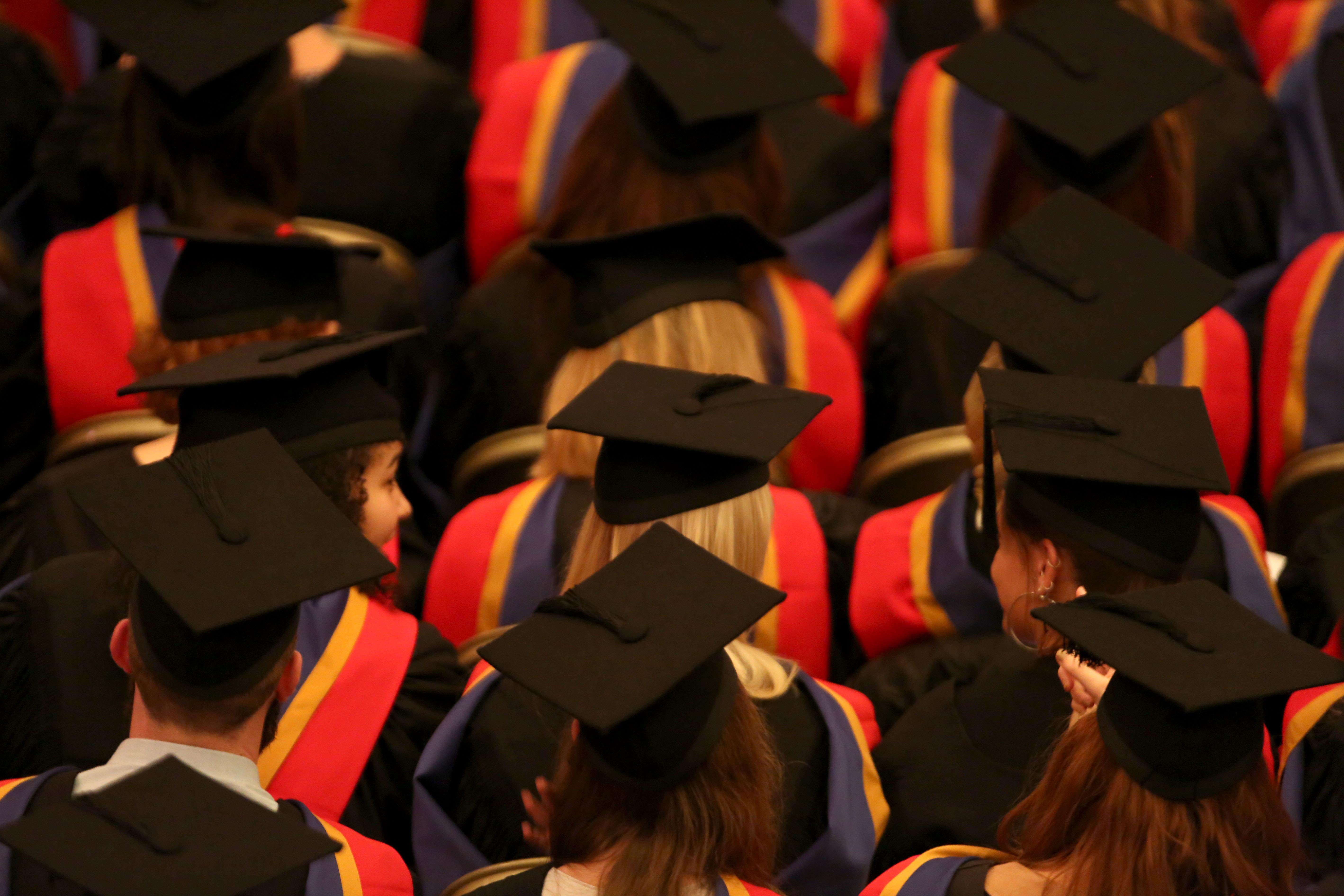Widespread concern many in higher education being silenced – free speech chief
Professor Arif Ahmed said being shocked and offended is an ‘important part of education’.

There are “persistent and widespread concerns” that many in higher education are being silenced, “either by the activity of the university or by its inactivity”, a new freedom-of-speech champion for English universities claims.
Professor Arif Ahmed, director for freedom of speech and academic freedom at the Office for Students (OfS), will give his first major speech at an event at King’s College London on Monday and set out his priorities for the role.
His appointment by the Government earlier this year followed the Higher Education (Freedom of Speech) Act and protests surrounding feminist Professor Kathleen Stock’s talk to the Oxford Union over her views on gender identity.
The core mission of universities and colleges is the pursuit of knowledge, and the principles of free speech and academic freedom are fundamental to this purpose
In his speech, he is expected to say: “Freedom of speech and academic freedom are fundamental to higher education. The core mission of universities and colleges is the pursuit of knowledge, and the principles of free speech and academic freedom are fundamental to this purpose.
“But there are now persistent and widespread concerns that many in higher education are being silenced, either by the activity of the university or by its inactivity. And that silencing may fall disproportionately on those who are most vulnerable.”
In a briefing ahead of the speech, Prof Ahmed said he has personal experience of others complaining about comments he has made, but in response he said being shocked and offended is an “important part of education”.
He said: “Occasionally I felt hesitant to question certain things, simply because I fear that there will be complaints or there’ll be some kind of pushback.
“And then the other sense of what has happened is that people have sometimes complained about things that I’ve said, not in terms of formal complaint, they’ve sort of said to me, ‘I don’t think it was necessary for you to say that, I don’t think you should have said that’, and my response is very often, an important part of education is you can be shocked, and you can be offended.”
Prof Ahmed will say the OfS will take a “broadly viewpoint neutral approach” and will protect the “lawful speech rights of speakers at universities”.
He will add: “It makes no difference at all whether you are in favour of Brexit or against it. It makes no difference at all what side you take on statues or pronouns or colonialism, or abortion or animal rights, or Ulez.
“You can castigate the monarchy or defend it. You can argue that Britain is fundamentally racist – or that it never was. You can speak or write as a Marxist, a post-colonial theorist, a gender-critical feminist, or anything else – if you do it within the law.”
It comes after the National Student Survey found one in seven students said they did not feel free to express their own views.
Prof Ahmed said in the briefing: “That is a matter of concern for us, because it means essentially, that one in seven students is missing out on perhaps an essential part of any form of higher education.”
He said the OfS worries that students will “simply feel that they have to shut up”.
A generation deprived of that freedom may never truly appreciate what it has lost
Prof Ahmed is expected to say: “It is rare, in any particular debate, for either side to change its mind. But over a period of time you can plant a seed in someone’s mind; and over numerous conversations with you and with others, their attitudes do change.
“I know of people who through such a process have profoundly changed their religious and political views. And the view that they reached through this process, whether sympathetic to religion or hostile to it, whether socially conservative or socially liberal – whatever it was, it was authentically theirs.
“For many students, university might be the only time in their lives when they have both the time and the relative freedom to embark on this exploration. A generation deprived of that freedom may never truly appreciate what it has lost.”
The Government’s Higher Education (Freedom of Speech) Bill became law in May.
The Act will require universities, colleges and students’ unions in England to take steps to ensure lawful freedom of speech on campus. This does not include unlawful speech, such as harassing others or inciting violence or terrorism.
Prof Ahmed will oversee all the OfS free speech functions, including the new complaints scheme from August 2024 and investigations where universities are accused of breaching their duties under the Act, which also gives the OfS the power to impose fines.
Professor Ahmed said the OfS will “pursue these duties in a completely impartial and independent way”, that it is “not about culture wars” and the OfS “absolutely will not take sides on any of the many contentious topics”.